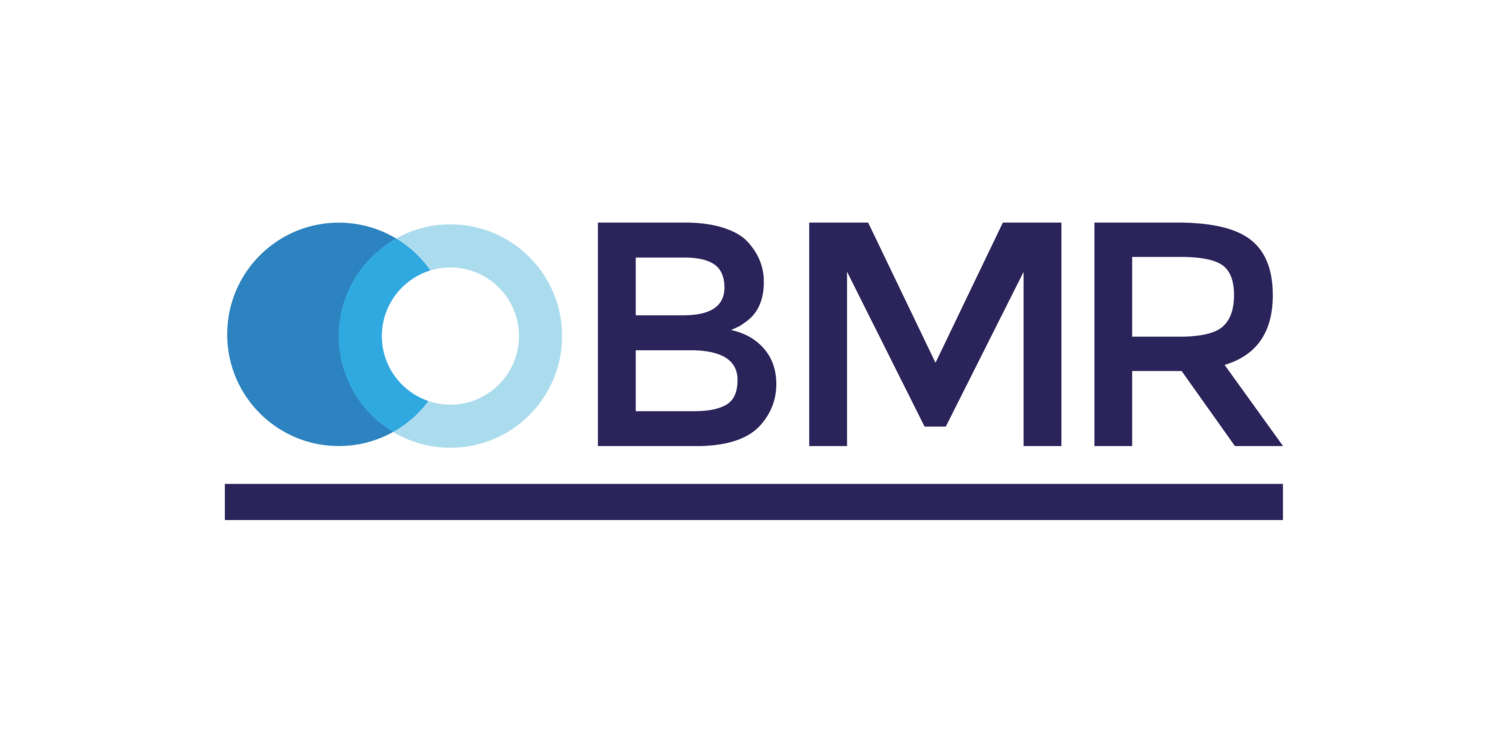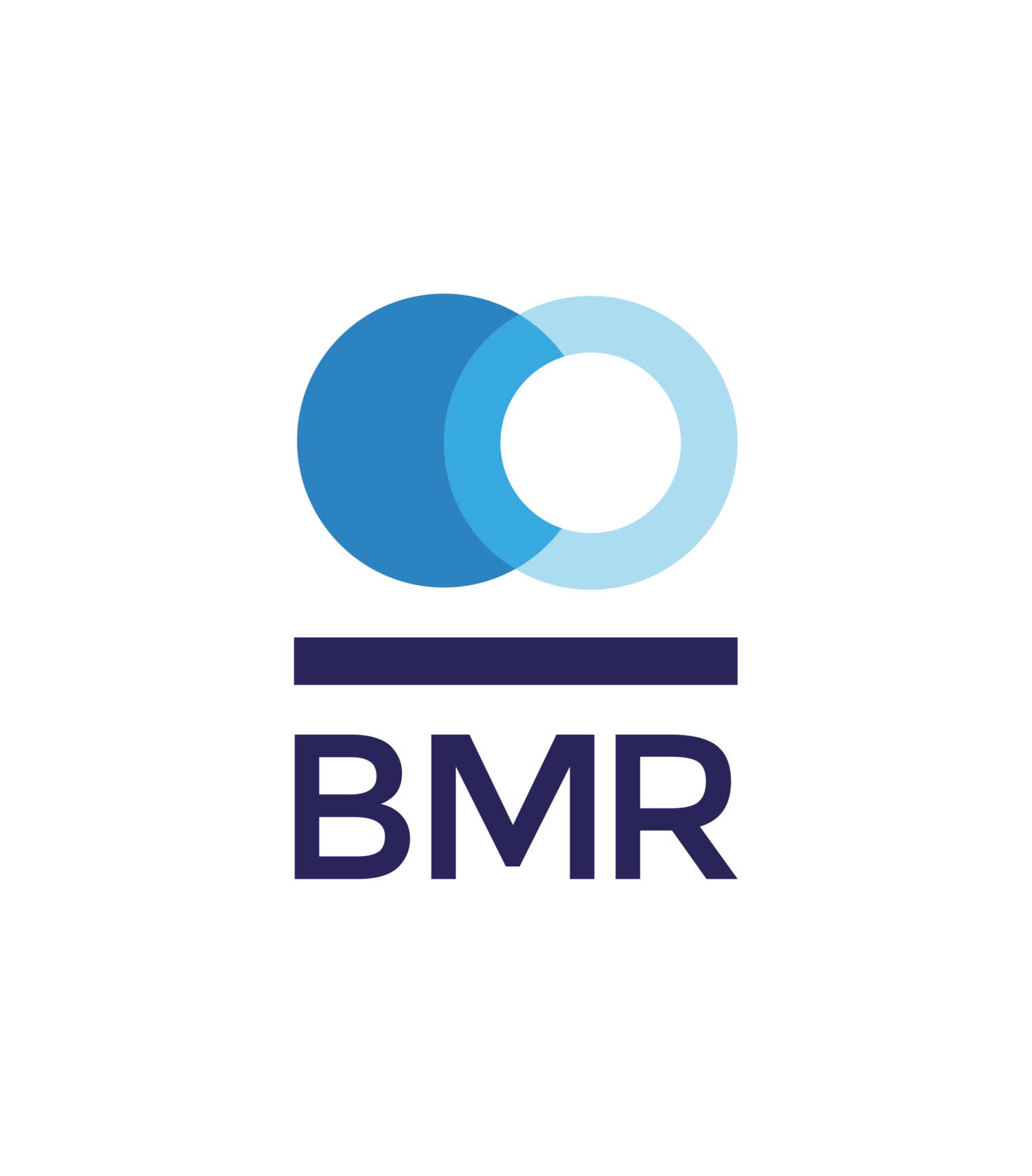ISO 45003 - Psychological Health and Safety
There are still many organisations that still see workplace wellbeing as a "nice to have" or "a bit fluffy". I was "that boss”. The kind of boss who thought mental health and "being stressed" was a bit of a cop-out.
I believed that home life and kids should not cross over into the workplace and that employees being paid to do a job should be enough for them to get on and just do it. Fast forward to my later years. I had a child at the age of 40 (unplanned) and boy did I struggle. I struggled to balance mum guilt and work. I lost my sense of self, my self-esteem, and my confidence which I later came to understand, was related to both postnatal depression and work-related stress.
That was a lesson learned. I learned the hard way and I can now say, hand on heart – “I get it.”
There is a place for workplace wellbeing but it needs to be done well. If your current wellbeing program is made up of a handful of Mental Health First Aiders, an Employee Assistance Program and some meditation/exercise classes, and a weekly fruit bowl, then this needs to be reviewed. You need a well-being program that has a measurable impact on your ROI and how that impacts on your bottom line.
One of my previous roles in my former work life was that of a Quality Manager. Good quality = fewer returns + happy customers + improved bottom line, right?
Back in the late 80’s (yes I am that old!) I remember the introduction of ISO9001. It was seen by many as a box-ticking exercise however used correctly it is designed to be a powerful business improvement tool, that can help you to continually improve, streamline operations, and reduce cost. Attitudes to adopting the standard ranged from “everyone else is doing it so I should too” or “I want a certificate or a badge” or “it’s a waste of time designed just to give some idiot something to do”. I hear these same comments today regarding workplace wellbeing programmes.
Fast forward to 2020/1 and we have the new ISO 45003 standard for Psychological Health and Safety at Work.
Due out next year, it gives a framework for managing psychosocial health and safety risk in the workplace. Like ISO9001 it will have its early adopters. The organisations who get it and can see the business benefits of an effective wellbeing program and there will be those that will only adopt it as and when they need to or not at all.
Many organisations don’t know where to start when looking to implement psychological health and safety at work. They need support and guidance so, the international committee decided to write ISO 45003 as an additional guideline document to help and support organisations to understand and tackle the hazards that arise from work, and that can cause psychological ill-health.
You have a legal requirement to assess your workplace for factors that can contribute to psychological injury as defined in law and under the HSE Stress Management Standards. It can no longer be a box-ticking exercise. Covid-19 and our new ways of working have taught us the value of our mental health and we need to take some well-learned lessons away from this.
You don't have to have the full approvals in place to have a best in practice approach.
If you want to know how we can support your wellbeing programs in line with ISO45003 best practice get in touch with sheila@bmrhealthandwellbeing.co.uk.

